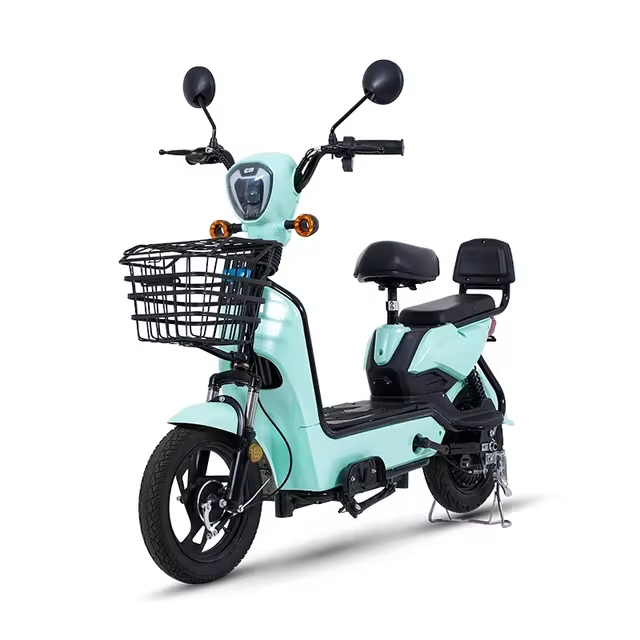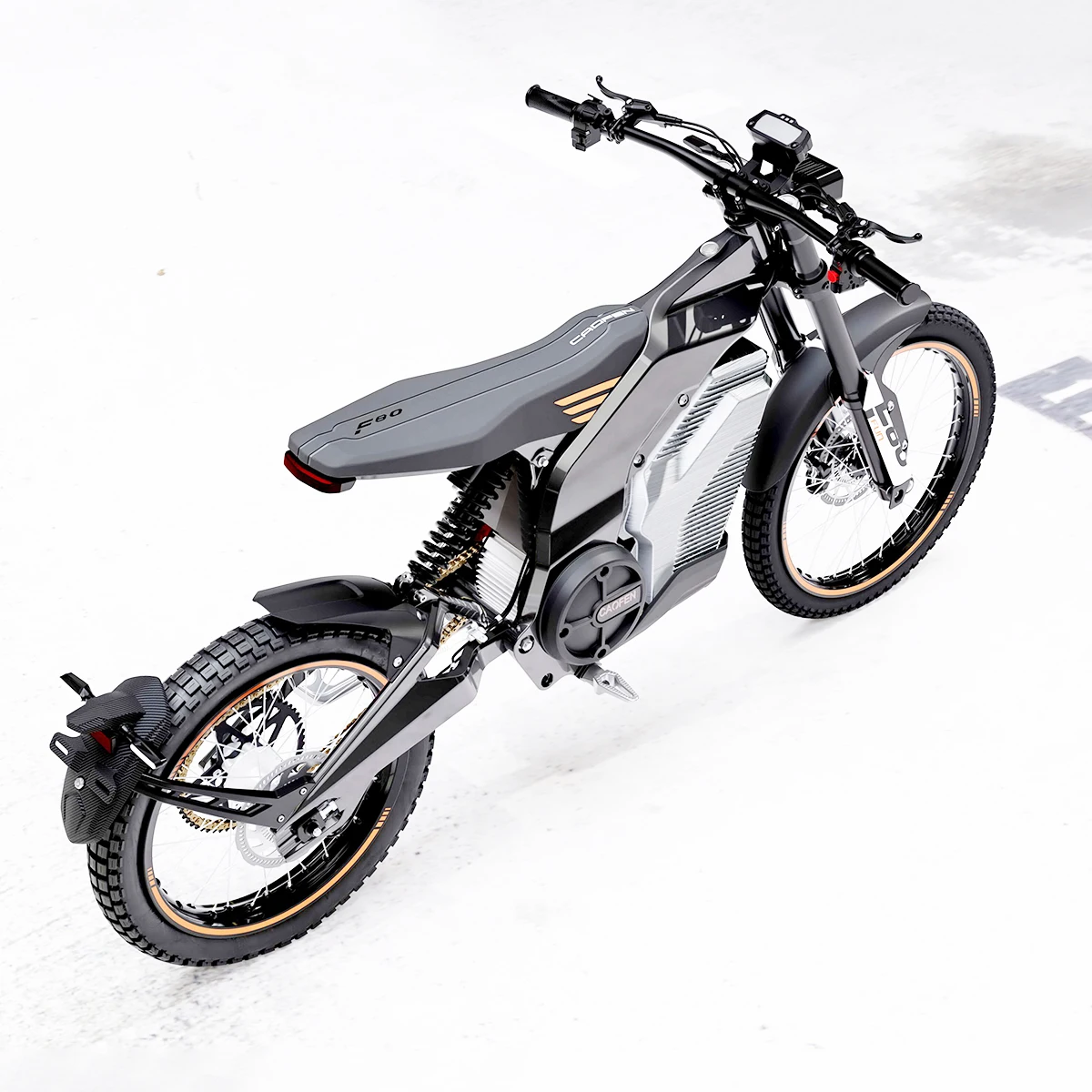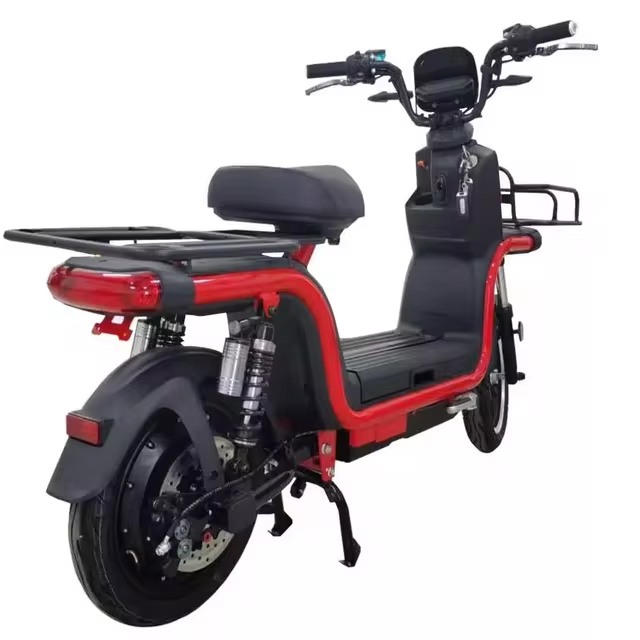Overview of Electric Motorcycle Licensing Requirements
Navigating the rules for electric motorcycle licenses can seem complex. Yet, it is crucial for safety and legality. Like traditional motorcycles, electric ones need specific licensing to be road-worthy. This ensures riders know the road rules, risks, and proper handling of their vehicle. Different regions may have varied requirements, but common elements exist.

Electric motorcycles fall under motor vehicle regulations, typically requiring a valid license. To obtain one, riders must pass a theory test and a practical exam. Sometimes, additional requirements apply such as age limits or power restrictions on the vehicle.
For theory tests, riders need to register first. This often involves an online registration with a small fee. The test includes multiple choice questions to assess knowledge of traffic laws and safety. A passing score usually stands at 80 percent or higher. Upon success, a digital certificate gets issued.
The practical exam challenges riders to demonstrate skills on the road. Maneuvering, signaling, and dealing with traffic are key parts of the test. Some places might require an initial permit phase. This permits restricted driving to practice before the full exam.
Riders should check local regulations for precise steps to get their license. Across the board, licenses affirm a rider’s competence and commitment to safe driving. With the rise of electric motorcycles, it is wise to stay informed on licensing to enjoy the full benefits of eco-friendly travel.
Steps to Acquire an Electric Motorcycle License
Gaining an electric motorcycle license requires a few essential steps. The process is similar to obtaining a conventional motorcycle license but caters to the electric aspect. Here’s a simplified guide to help you through.
Registering for the Theory Test
Start by signing up for the theory test. Use the designated online portal for registration. You’ll need a SingPass or a similar identification system. Make sure you’re at least the minimum age, often 16 years old. There is a fee, generally around $10 plus tax. Study for the test; it usually includes multiple choice questions on traffic laws and bike safety. Aim for a passing score of 80% to obtain your digital certificate.
Preparing for the Practical Exam
After passing the theory, prepare for the practical exam. Practice handling your electric motorcycle under various road conditions. Learn to maneuver, signal, and obey traffic rules. Some areas might require initial permit riding to gain experience. The practical test assesses your real-world riding skills. Success means you’re a licensed electric motorcycle rider.
Securing a license ensures you understand road safety and vehicle control. Remember to check local regulations for detailed licensing steps. With your license, reap the benefits of riding your electric motorcycle legally.
Key Differences Between Electric and Conventional Motorcycle Licenses
When considering the licensing for electric motorcycles versus traditional ones, key differences emerge. It’s important to note these, as they can affect the licensing process as well as rider obligations.
Electric Motorcycles Typically Require Different Licensing Tests
Electric motorcycles often need specific theory and practical exams tailored to their unique features. The theory test may focus on the electric components and their operation on top of usual traffic laws. The practical test could emphasize the handling and response characteristics of electric bikes, distinct from those with internal combustion engines.
Age and Power Limitations Can Vary
Regulations for electric motorcycle licenses may include different age and power restrictions. For instance, some places allow younger riders to operate lower-powered electric motorcycles under certain conditions, contrasting with the minimum age for conventional bikes.
Environmental and Safety Considerations in Testing
Electric motorcycles bring new environmental and safety considerations. Tests might cover charging protocol, battery maintenance, and the quieter operation of electric bikes which impacts road presence and safety.
Understanding these differences ensures riders are adequately prepared for both the licensing process and responsible operation of electric motorcycles. Staying abreast of local laws and requirements for electric motorcycle licensing helps riders enjoy the benefits of this eco-friendly mode of transportation while adhering to all regulations.
Age and Power Restrictions for Electric Motorcycles
Understanding the age and power restrictions for electric motorcycles is crucial for potential riders. These restrictions often vary by country or state, impacting who can ride and what kind of electric motorcycle they can operate. Here, we’ll outline these regulations and how they apply to electric motorcycles specifically.
Minimum Age Requirements
Most jurisdictions require riders to be of a certain age to legally operate an electric motorcycle. The typical minimum age is set around 16 years, but this can differ. It is important for young riders to check their local laws to confirm the age requirement.
Power-to-Weight Ratio Limits
Some areas may regulate the power-to-weight ratio of electric motorcycles that can be ridden without a full license. This ratio ensures the bike is not too powerful for its size, which can be crucial for safety.
Electric Motorcycle Specific Limits
Electric motorcycles may have specific classifications based on their power output. Lower-powered models could be available for younger riders under certain licenses. These licenses may come with restrictions such as no pillion passengers, no motorway travel, and the need to display ‘L’ plates.
Progressing Through License Classes
Riders may start with a license for a lower-powered electric motorcycle and progress to higher classes as they gain experience and meet age requirements. This graduated licensing system helps maintain safety on the roads.
Abiding by age and power restrictions is not just about legality, but also about ensuring rider and public safety. By understanding and adhering to these regulations, riders can enjoy the thrilling experience of riding an electric motorcycle while staying within the bounds of the law.
 Benefits of Holding an Electric Motorcycle License
Benefits of Holding an Electric Motorcycle License
Holding an electric motorcycle license offers numerous advantages for riders. Here are the key benefits:
Legal Compliance and Safety
With a license, riders comply with legal standards, ensuring safety on the road. This compliance helps avoid legal penalties.
Access to Advanced Vehicles
A license allows riders to operate advanced electric models. These bikes offer higher efficiency and performance.
Insurance Advantages
Licensed riders often enjoy lower insurance rates. This reflects their proven knowledge and skills.
Confidence and Skill Improvement
The licensing process improves riding skills and boosts confidence. This is crucial for handling electric motorcycles.
Environmental Benefits
Riding electric motorcycles reduces carbon emissions. Licensed riders contribute to environmental conservation.
Enhanced Employment Opportunities
Some jobs require a motorcycle license. Holding one can open new career paths.
Community and Networking
Licensed riders join a community of enthusiasts. This can lead to new friendships and networking opportunities.
Overall, obtaining an electric motorcycle license is advantageous. It not only enhances personal safety but also offers economic and social benefits. Riders should consider these factors seriously when choosing to ride electric motorcycles.
Common Challenges and How to Overcome Them
Navigating the process of obtaining an electric motorcycle license can present several hurdles. Here we discuss these challenges and strategies to tackle them effectively.
Licensing procedures can be complex and varied by region. It’s crucial to research local regulations thoroughly. Utilize official transportation websites or consult with local authorities for accurate information.
Coping with Technological Aspects
Electric motorcycles involve unique technologies. Understanding these can be daunting. Study materials provided during registration for your theory test usually cover these topics. Utilize these resources to get acquainted with electric motorcycle operations.
Meeting Age and Power Restrictions
Age and power restrictions can limit access to certain electric motorcycles. Verify your local laws related to electric motorcycle licensing. This helps determine what kind and power of motorcycle you are eligible to ride.
Preparing for Practical Exams
Practical exams test your ability to handle an electric motorcycle in real-world conditions. Practice thoroughly in a variety of traffic situations. Consider taking extra courses if available to boost confidence and skills.
Dealing with Costs
Cost can be a barrier, from registration fees to attending extra training sessions. Budget accordingly and look for any subsidies or training programs offered by local authorities.
By overcoming these challenges, aspiring electric motorcycle riders can achieve licensing success, ensuring both legal compliance and safety on the roads.
 Future Trends in Electric Motorcycle Licensing
Future Trends in Electric Motorcycle Licensing
As electric motorcycles grow in popularity, licensing regulations are evolving. Here are some expected trends in the near future.
Technology Integration in Licensing Processes
Expect more digital solutions for licensing. Online theory tests and virtual practical exams could become standard. This makes licensing more accessible and efficient.
Adaptive Licensing Criteria
Regulations may adapt to electric motorcycle technology advances. This could mean updated testing for new safety features or performance capacities.
International Harmonization of Standards
Countries might work together to standardize electric motorcycle licenses. This would aid riders who travel across borders and support international sales.
Eco-Friendly Rider Incentives
Governments may offer incentives for obtaining electric motorcycle licenses. These could include tax breaks or discounts on eco-friendly bikes.
Enhanced Rider Education Programs
Expect more comprehensive educational programs. These could focus on the environmental benefits and specific handling of electric motorcycles.
Embracing these trends will help ensure that licensing keeps pace with technology. This also supports safety and environmental goals.
